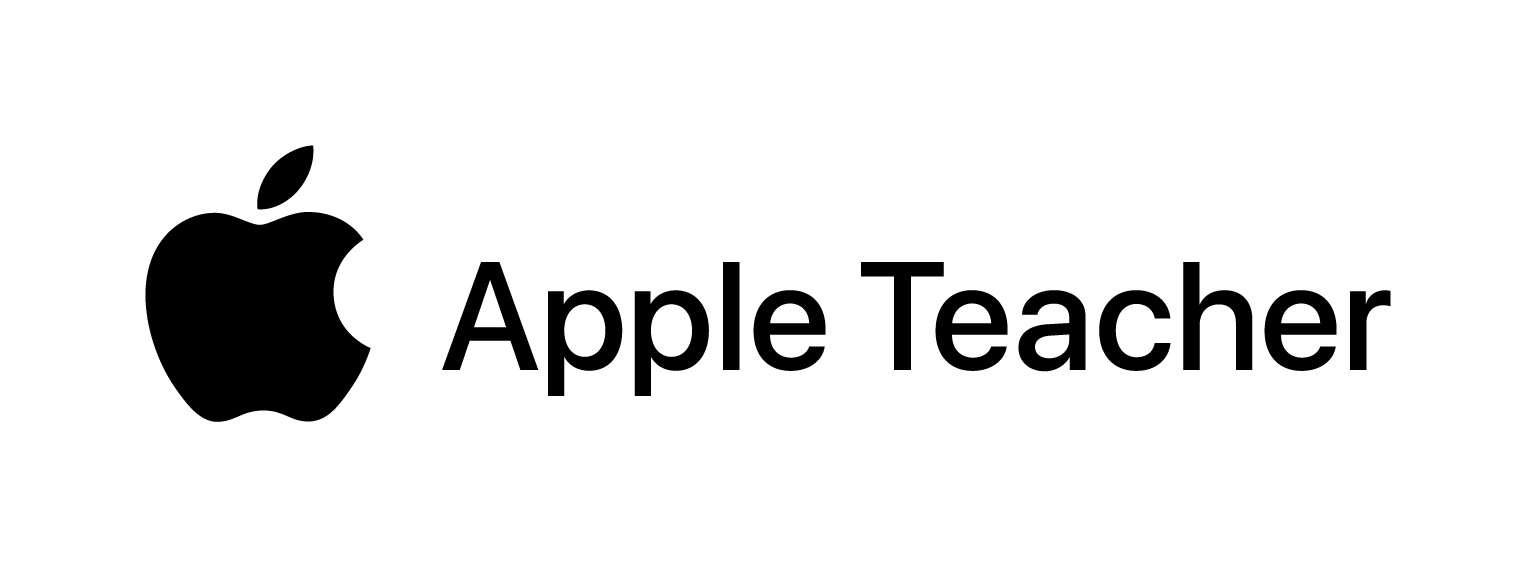In 1967, Randy California,of the American rock band Spirit, wrote and recorded a short instrumental track entitled Taurus.
In 1971, the English band, Led Zeppelin, released their seminal track, Stairway to Heaven. Stairway is widely regarded as one of the most important songs of the 20th Century.
In 1968, Led Zeppelin opened for Spirit, on what was their first American tour. During this tour, Led Zeppelin often performed together with Spirit on stage.
Now, what has this got to do with anything, you may ask. Well in 2014 and 2016, various members of Spirit and their estates filed copyright claims against Led Zeppelin for the striking similarities between the tracks. These claims are based on the shared use of finger picked stepdown progression in A minor, and the fact the bands had spent time together touring.
These two bands must have spent time together on tour buses or in green rooms, picking their way through harmonies and riffs. They will have heard each other’s set lists ad nauseum. I have no doubt that Jimmy Page and Robert Plant had heard Taurus at some point. We don’t know whether there was a conscious intent to nick a bit of the progression, or just an earworm that reared its head once Stairway had started to be written.
I am not going to state whether I think Led Zeppelin’s song is a copy, but in June 2016 a jury decided that the similarities between the songs didn’t amount to copyright infringement.
However, it does raise another issue, and that’s one I would like to explore in a more familiar context: education.
What does this mean?
It is clear that there are some similarities between Stairway and Taurus, but it is the creative process that is most intriguing.
What is Creative Commons?
Use Creative Commons tools to help share your work. Our free, easy-to-use copyright licenses provide a simple, standardised way to give you permission to share and use your creative work— on conditions of your choice.
https://creativecommons.org/
Now, let’s imagine that the music industry was not just about making money, although with Stairway netting £500 million in royalties, it is difficult not to. Let’s imagine that Spirit released Taurus with a Creative Commons licence. Spirit would be able to ask people to pay to come to their concerts and to buy their music. But, it would also allow other bands to use parts of their work to create new works, based on Taurus.
This would allow the creation of a huge number of derivative works. Some might be rubbish. But some might be Stairway to Heaven.
What has this got to do with education?
If we extrapolate this to an educational context, we get a situation where academics create learning resources, and then share them with anyone else. This means another academic, teacher, or home-schooled kid, can take that resource, break it down and rebuild it for their own uses. Doesn’t that sound good?
This may sound like the original author is putting in lots of work for little in return. But there are two sides to this.
Firstly, by including the Attribution licence, any future user has to list you as the original author. Your name gets out there, and the potential for hundreds or even millions of people to use your resources. Imagine if our research publications had that impact!
Secondly, a culture of openness, means that others also create content, which you can use and re-use. That sound nice, doesn’t it? You could find a high quality resource that meets the needs of your students and their learning outcomes? It may take a bit of editing, but the bulk of the work is done.
What about the money?
Money does complicate things but if Spirit had given Taurus a Creative Commons licence, then no-one would need to steal it (knowingly or otherwise). This means Spirit would get attribution, and fans may have bought more from Spirit’s catalogue.
Yes, this is a fairly basic argument, and the inclusion of Spirit’s name on the liner notes was not a given. However, when you are trying to defend millions in royalties, you may not be as happy to provide attribution to your influences.
Academic work is unlikely to be worth millions of pounds, but when the culture is focussed on ownership of content and money, it is the greater good that suffers.
So why not think about licensing your work using Creative Commons to help make the world a better place.
After all, without Taurus, we may never have got Stairway to Heaven. It is humanity that loses.


